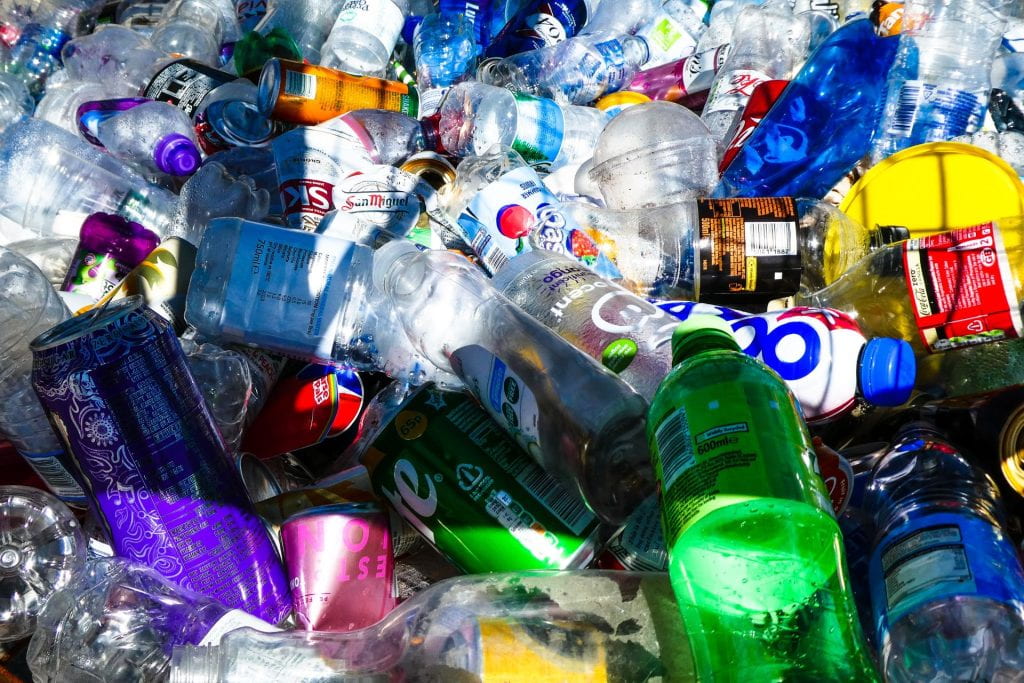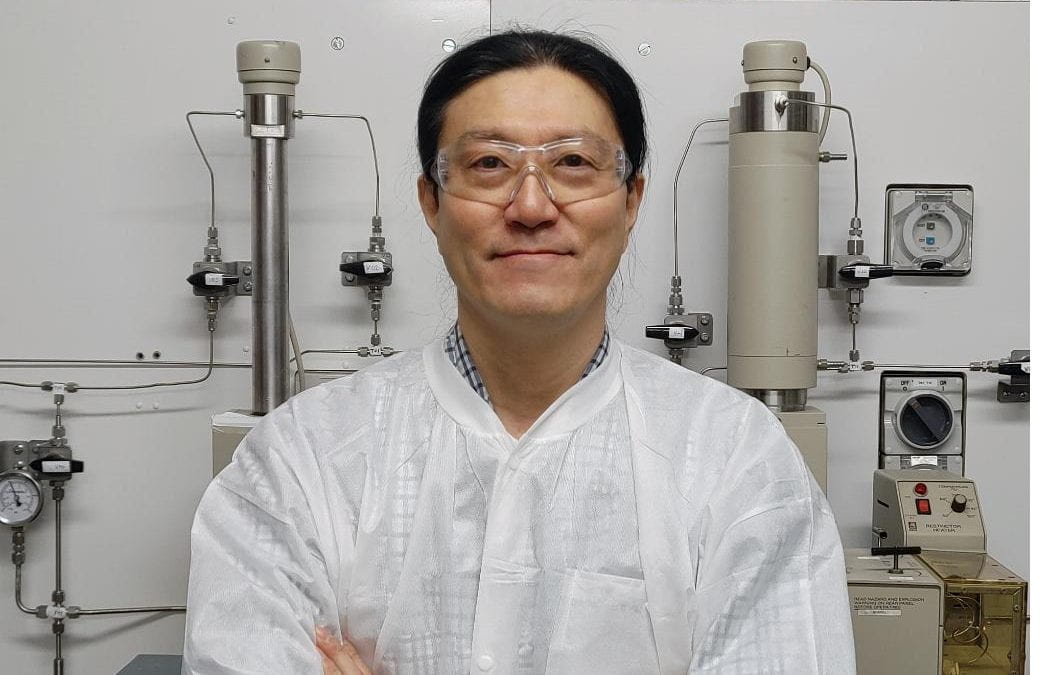Biodegradable plastic could change the future of consumerism and its impact on climate change, thinks Dr. Heon Park, a Senior Lecturer in Chemical and Process Engineering at the University of Canterbury. While acknowledging that petroleum-based plastic poses long-term environmental issues due to pollution and slow degradation, Dr. Park challenges the assumption that wooden cutlery and tableware made from bamboo, birch, or paper are more sustainable alternatives.
“If we are worried about climate change and our carbon footprint, then we need to stop using wooden and paper-based disposable cutlery and food containers. These products release more carbon dioxide into the air when they are being produced and even as they degrade, and the increasing level of carbon dioxide in our atmosphere is the main trigger for the warming climate.”
Dr. Park contends that biodegradable plastic could be a better choice as it has a lower carbon footprint than wooden or paper-based alternatives and degrades more rapidly than conventional plastics. However, there is a caveat—currently, biodegradable plastics (recycling code 7) cannot be recycled due to their fragile nature and easy breakdown. Dr. Park suggests, “If biodegradable plastics can be recycled in an eco-friendly way for uses that don’t require strength, then they could become the material of the future. That’s the direction I think we need to take.”
A downside of biodegradable plastics is the lack of control over their breakdown speed. To address this issue, Dr. Park explores the potential of additives that could accelerate degradation. One promising additive under investigation is powdered pounamu, a waste product from the jewelry carving and craft industry. Initial results using pounamu powder mixed with biodegradable PLA plastic indicate enhanced strength, reduced flammability, and accelerated degradation.

Photo by Nick Fewings on Unsplash
“We believe this additive could strengthen biodegradable plastic, making it suitable for producing milk crates capable of carrying cartons of milk. If lost in the environment, these crates would break down more quickly than traditional plastic products,” explains Dr. Park.
In addition to pounamu, Dr. Park has experimented with mixing biodegradable PVA plastic with spent grain, a by-product of the beer brewing industry. This combination can be transformed into a thin film that could serve as mulch on farmland, retaining soil moisture and reducing weed growth. The film naturally degrades within approximately six months due to the grain expediting the degradation process.
Dependent on funding, Dr. Park plans to further pursue these research avenues. “The ultimate goal is to develop the technology further and bring about tangible impact. By investing time, effort, and resources, I want to create a meaningful and practical solution that can make a real difference for our environment,” he expresses.
As we ponder the future of consumerism and its intersection with climate change, Dr. Park’s research prompts us to consider the broader implications of our choices and the urgent need for sustainable alternatives that strike a balance between functionality, environmental impact, and long-term benefits.

